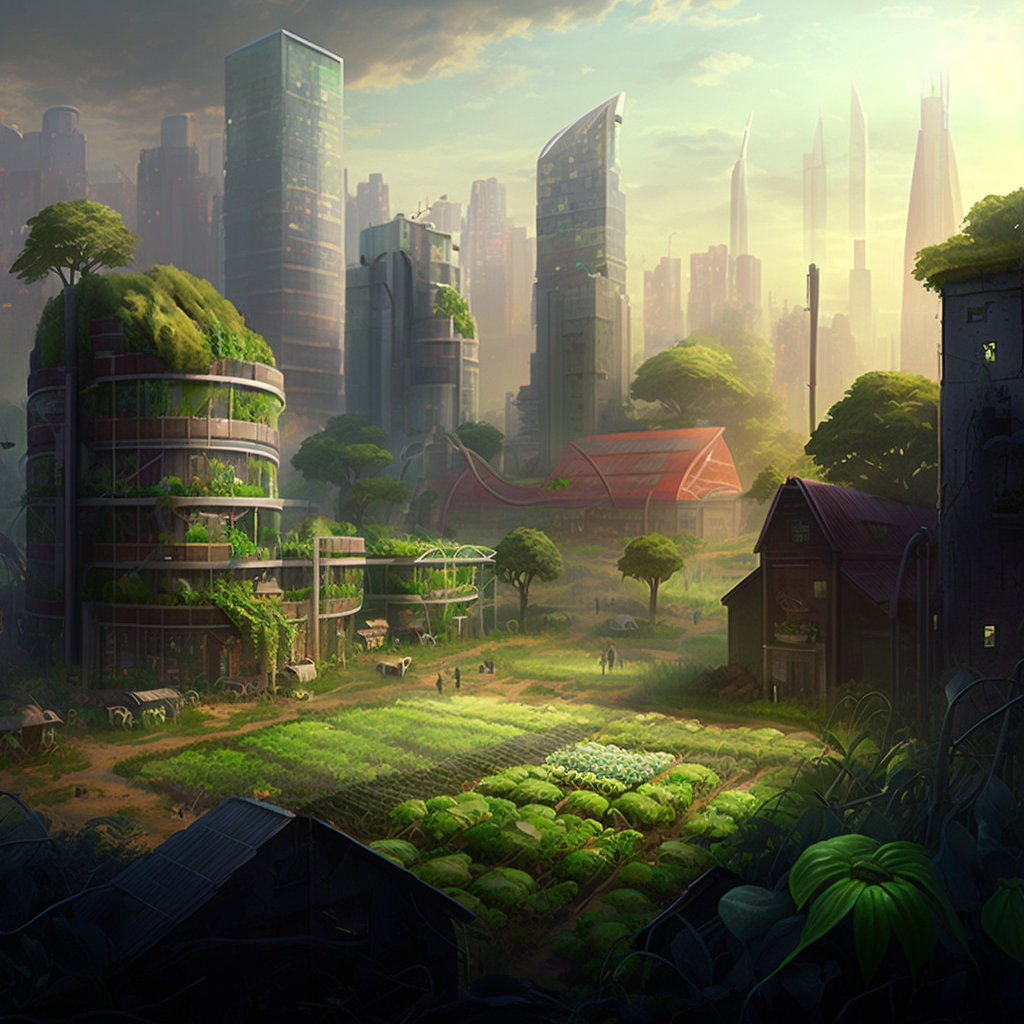When I was 20 years old, after graduating summa cum laude from the University of Oregon and getting headhunted by investment banking firms, I decided that what I really wanted to do more than anything was start an organic farm. I was an idealist.
So, I found this great apprenticeship opportunity at Creative Growers, a small organic farm outside of Eugene, Oregon. I had no idea how much work it would actually be to raise pastured poultry, high quality organic flowers and a full selection of restaurant- ready organic produce with just a small two- person team and two horses. In the end, it was a very fulfilling, hard-working season. I didn’t just work hard. I also studied hard. I read a ton of books (and asked a ton of questions), and learned a tremendous amount about soil science, hydrology, and the business of farming under my brilliant mentor Aaron Silverman.
That same year, my brother had spent the growing season living in a five- star Teepee and farming the high- altitude plains of Montana. It was his 1st year too. And as soon as the season was over and the fields were turned for the Winter, we both decided, this was our thing. We went back to Southeastern Ohio to start our own farm where we could be closer to our family. We bought a farm in Meigs County and got to work.
And almost immediately, we started fighting. We fought about everything. Where should we plant the potatoes? What was the best way to water the crops? What should we grow? For whom? Where should we get the seeds?
As the questions mounted so did the possibilities, and two strong-headed know-it-all 1st-year-farmers were never going to agree on everything. It was inevitable that we would disagree on some things. But then came the great tomato debacle of 2001.
Aaron was a major tomato farmer. The year before in Oregon we had raised almost a quarter acre of heirloom tomatoes, so of course, I was a self-proclaimed expert on the subject. “We should definitely plant the tomatoes over here by the lake,” I said. And of course I was right.
“No, man,” said Joey, “It is too moist over there. They will get root rot and all moldy.”
“No they won’t man. It’s perfect. I know because we grew so many tomatoes last year. How many did you grow?!.”
And you can see how this argument quickly descended into juvenile accusations about one or the other’s competence in farming. We ended up spending 2 weeks fighting over where the tomatoes should get planted. We had a hundred sketches of the farm on countless crumpled up pages. We had a hundred arguments why it should be this way or that.
During that time, of course, the tomatoes and the other vegetables in the greenhouse started to get all root bound in their little soil blocks and suffered a bit of stunted growth. And we were not one step closer to our goal. In the end, we were both wrong. The tomatoes ended up with a calcium deficiency which caused them to get blossom-end rot. Something neither of us had ever encountered in our extensive 1 year of farming experience.
The next year after that, the conversation sounded more like this.
“Hey man, let’s plant the tomatoes over there.”
“Ok. Let’s do it.”
We both had realized that we really had no idea how it was going to turn out. Farming is very much like running a business. You never know what is going to happen in any given year or season. What insects will attack our crops this year? Will there be rain? Too little or too much? Will people want big leaf spinach or small leaf arugula?
The key is to make as many efforts as possible; to take as many chances as possible; to not hesitate or procrastinate or stall. You can spend all your time making a plan about what you are going to do next year or next month or next week, but if you never do anything, nothing happens. Plans are worthless without action. And once you are actually doing it, plans have a way of changing.
As James Clear, the author of Atomic Habits, says in this article about perfection, “When you think about your goals, don’t just consider the outcome you want. Focus on the repetitions that lead to that place. Focus on the piles of work that come before the success. Focus on the hundreds of ceramic pots that come before the masterpiece.”
In other words, just plant the damn tomatoes and stop talking about it.


